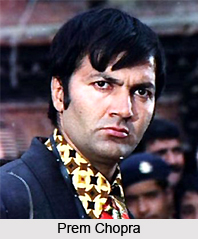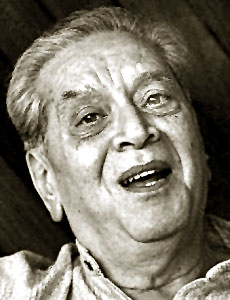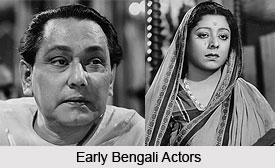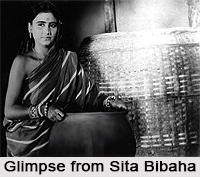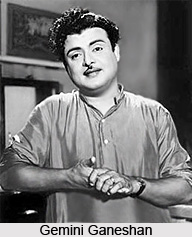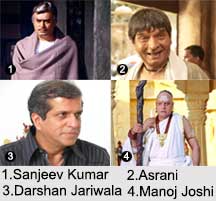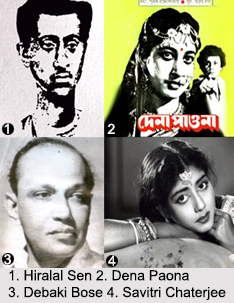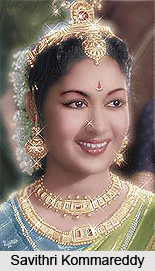In accordance to the history of Assamese cinema it developed in a classic manner with the majority of films adopting the formulae of Mumbai. However a vein of film did focus on the family and social themes with some of the Assamese directors trying to assert a form of regional cultural specificity. To put it honestly almost all the hardcore commercial films are similar throughout India. The only difference is their language.
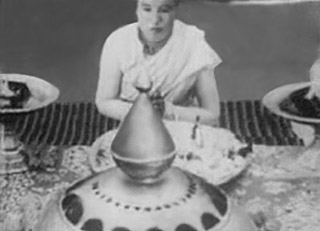 The history of Assamese cinema traces the origin of the films to the creativity of Rupkonwar Jyotiprasad Agarwala, well known freedom fighter playwright, poet and composer. The first Assamese film that was produced due to his initiative was Joymati in 1935. The next film that was produced was Indramalati (1939). Later it was Bhupen Hazarika who was instrumental in changing the fortunes of Assamese cinema.
The history of Assamese cinema traces the origin of the films to the creativity of Rupkonwar Jyotiprasad Agarwala, well known freedom fighter playwright, poet and composer. The first Assamese film that was produced due to his initiative was Joymati in 1935. The next film that was produced was Indramalati (1939). Later it was Bhupen Hazarika who was instrumental in changing the fortunes of Assamese cinema.
One of the most outstanding Assamese movies in the 1950s was Piyali Phukan. For the first time in the history of Assamese cinema this film was awarded with National award. The film was directed by Phani Sharma. He was also one of the talented Assamese actors. An achievement like this made the 1950s one of the memorable eras in the history of Assamese cinema. Today Assamese films are well known in both national and international arena.








